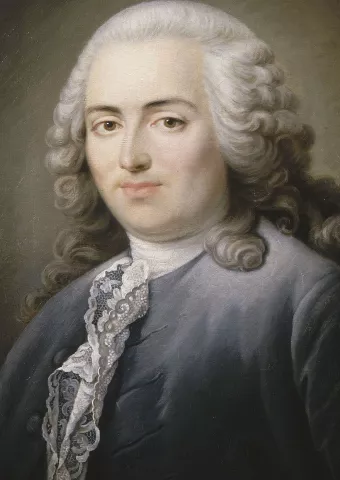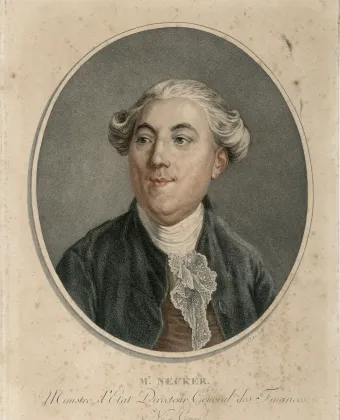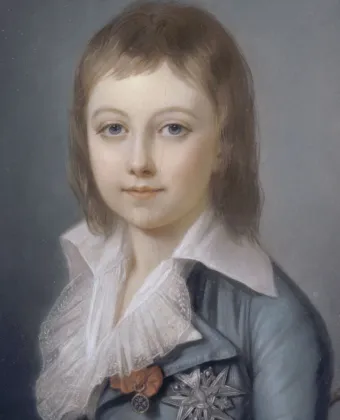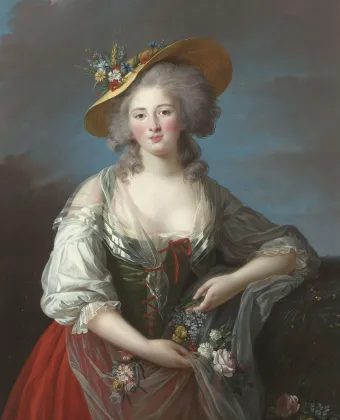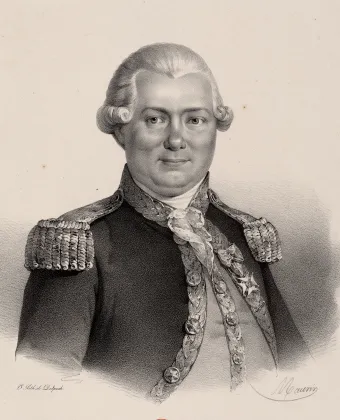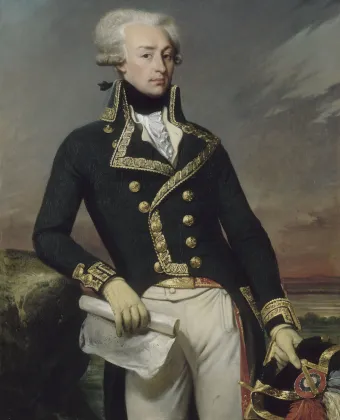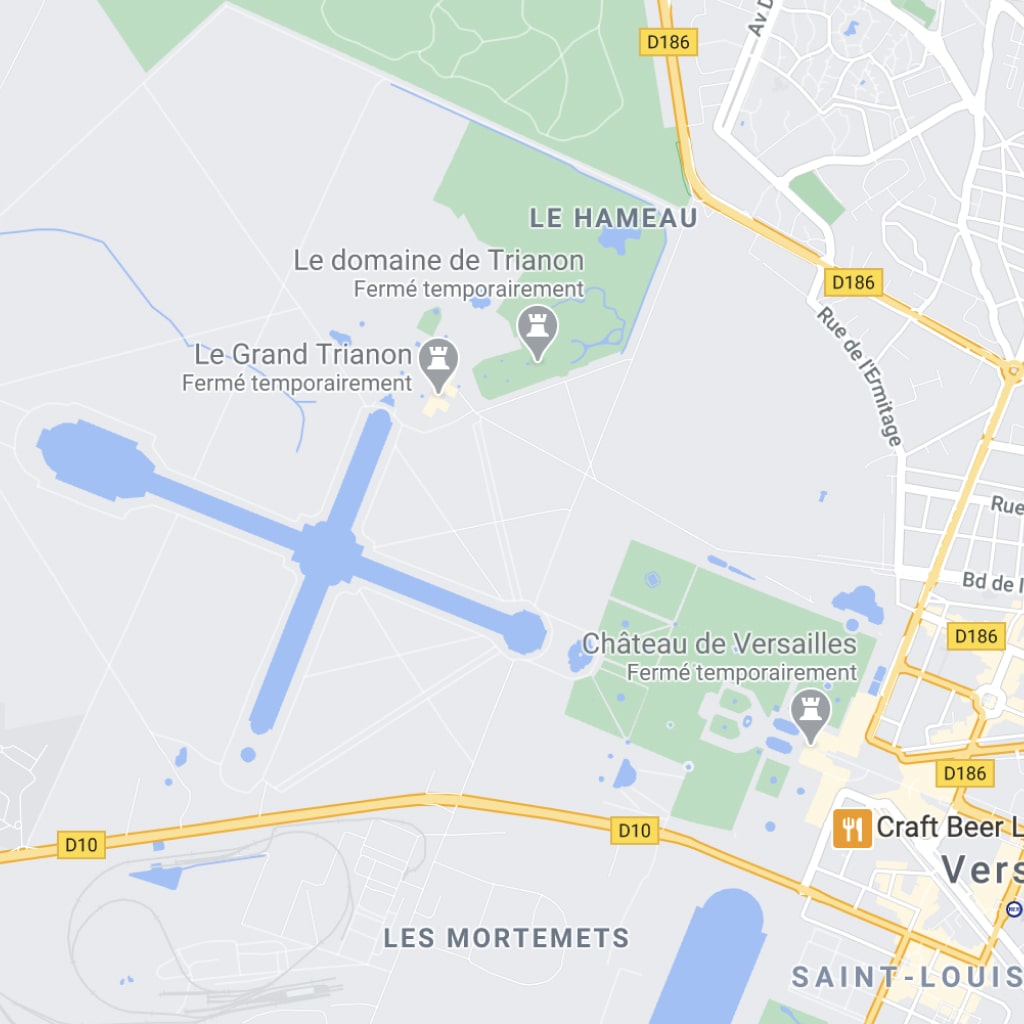Born in Paris in 1727, son of the Provost of Parisian Merchants, Anne Robert Jacques Turgot was admitted as prior to the Sorbonne in 1749. In 1751 he decided against taking holy orders and instead joined the Parlement de Paris, where he held various posts before purchasing the title of Master of Requests in 1753. He worked closely with Vincent de Gournay, Intendant of Trade and a fervent advocate of economic liberalism, whom he accompanied on his provincial tours. Turgot was also linked with the Physiocrats, a school of economic thought which emerged in the 18th century.
Turgot contributed several articles to the Encyclopaedia, and in 1760 he befriended Voltaire. Appointed Intendant of Limoges in 1761, he began putting his liberal philosophy into practice: he drew up a land register, abolished the system of corvée (compulsory) labour, tackled poverty, built new roads and canals for transporting grain, founded new factories…
In 1774 Louis XVI, not long after taking the throne, appointed him Comptroller General of Finances.
Turgot set out his plans in a famous letter to the king dated 24 August, detailing the measures required to finance the structural reforms the kingdom so badly needed: “No bankruptcy, no tax increases, no more loans.” This policy of reducing public expenditure allowed Turgot to rein in the budget deficit in 1775 and restore the state’s credit rating.
Remaining true to the principles of economic liberalism, Turgot removed internal trade barriers and ended price-fixing for cereal grains. However, a series of poor harvests led to a rise in bread prices which saw riots break out in provincial towns and in Paris. In 1776 Turgot stood up to the powerful trade guilds and introduced free trade and competition. He also replaced the corvée system of compulsory labour with a tax on property owners. The unpopularity of these measures, which riled the people no less than they did the upper classes, undermined Turgot’s position. At the instigation of the Queen and rival minister Maurepas, he resigned on 12 May 1776 and spent the rest of his life writing treatises on economics, literature and physics.



